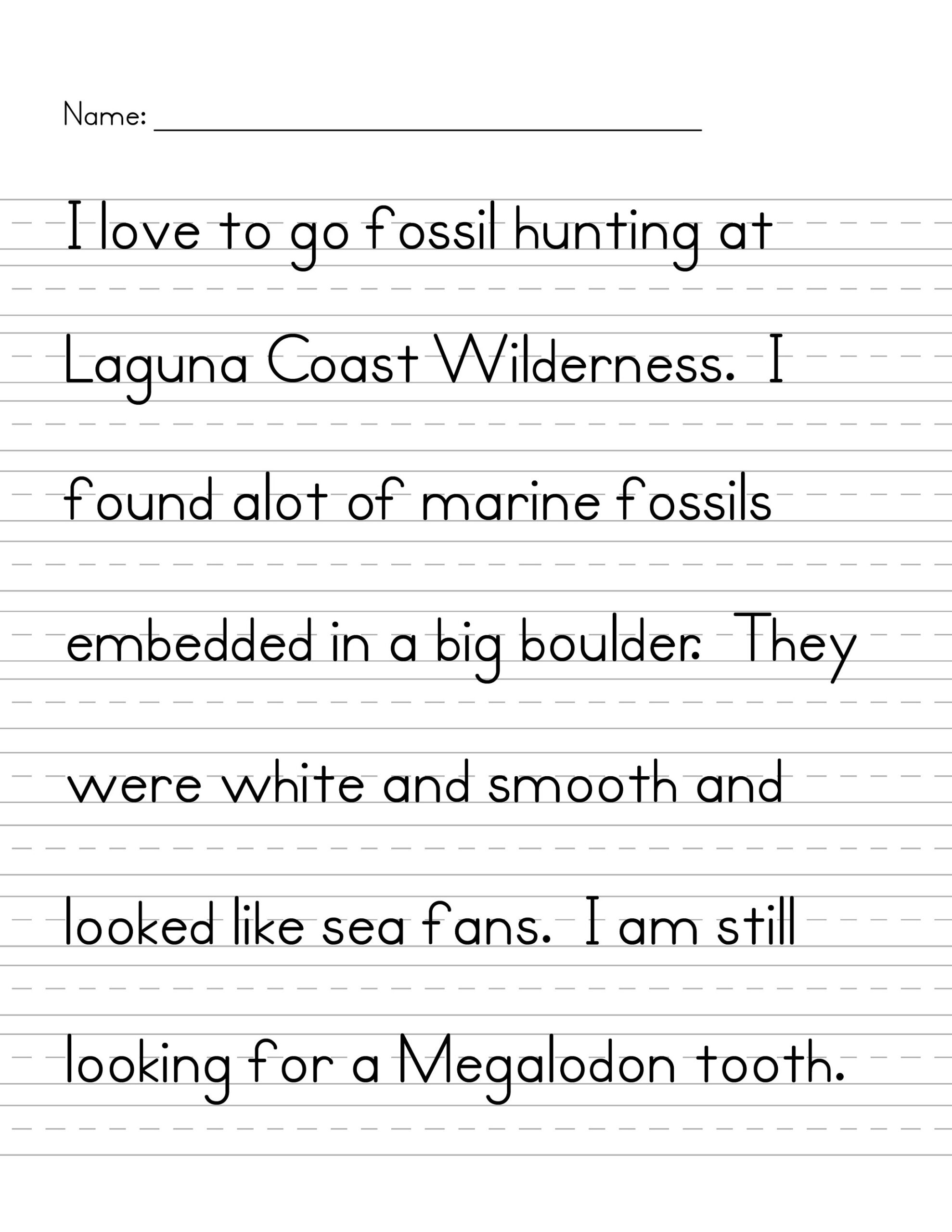10 Pro 3D Tattoo Photos To Design Now

Introduction to 3D Tattoo Designs

The world of tattoos has evolved significantly over the years, with various styles and techniques emerging to cater to different tastes and preferences. One of the most striking and innovative trends in the tattoo industry is the creation of 3D tattoos. These tattoos use shading and other techniques to create a three-dimensional effect on the skin, making the design look incredibly realistic. In this article, we will delve into the world of 3D tattoos, exploring what makes them unique, how they are created, and providing inspiration for those looking to get their own 3D tattoo design.
Understanding 3D Tattoos

3D tattoos are not actually three-dimensional in the literal sense but are designed to give the illusion of depth. They are created using a combination of shading techniques, including dot work, lining, and color blending, to achieve a lifelike appearance. The skill and precision required to create these designs are exceptionally high, making 3D tattoos a true art form. Artists must have a deep understanding of light and shadow to convincingly depict depth and dimensionality on a flat surface like the skin.
Popular 3D Tattoo Designs
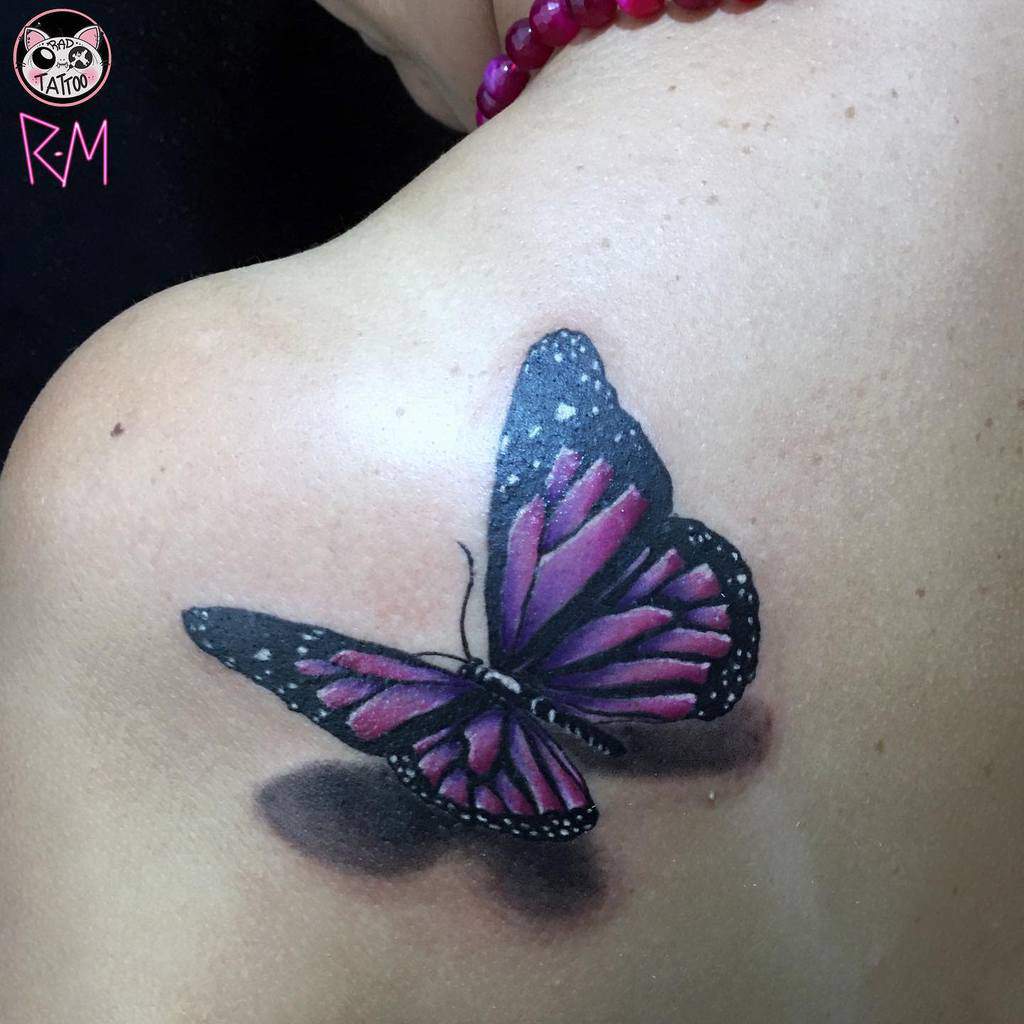
There are numerous designs that can be turned into 3D masterpieces. Some of the most popular include: - Realistic portraits of people or animals - Skulls and Crossbones with intricate details - Nature scenes like mountains, trees, or waterfalls - Mechanical designs such as gears, watches, or robots - Mythological creatures like dragons, phoenixes, or mermaids
These designs, when done in 3D, can be breathtakingly realistic, making the wearer feel like they are carrying a piece of art on their body.
Creating a 3D Tattoo

The process of creating a 3D tattoo involves several steps: 1. Consultation: The client and artist discuss the design, considering the client’s preferences, skin tone, and the body part where the tattoo will be placed. 2. Design: The artist creates a custom design based on the client’s inputs, often using software or drawing by hand. 3. Stenciling: A stencil of the design is placed on the skin to guide the artist. 4. Tattooing: The artist uses a tattoo machine to create the outline, fill in colors, and add shading and details. 5. Touch-ups: After the tattoo has healed, the artist may do touch-ups to enhance the design or cover any imperfections.
🌟 Note: It's crucial to choose an experienced artist who specializes in 3D tattoos, as the technique requires a high level of skill and precision.
Inspiration for Your 3D Tattoo
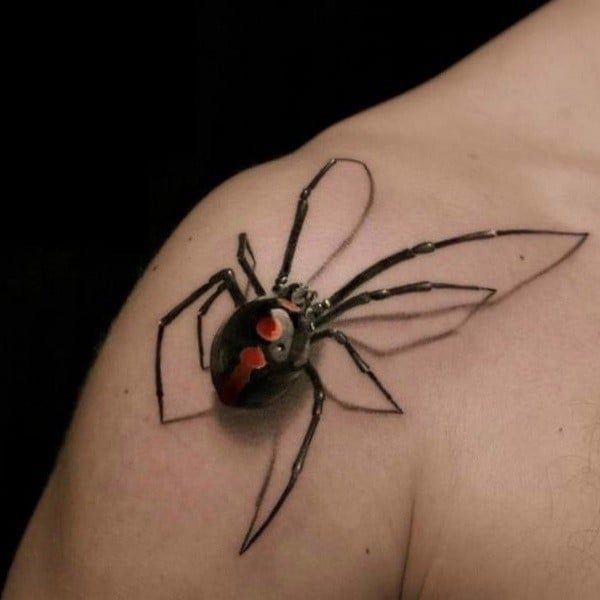
For those looking for inspiration, here are a few ideas: - Biomechanical art: Combining organic and mechanical elements to create unique, futuristic designs. - Watercolor tattoos: Using soft, blended colors to mimic the effect of watercolor paintings. - Geometric patterns: Incorporating 3D effects into geometric shapes and patterns for a modern, abstract look.
Table of Popular 3D Tattoo Designs
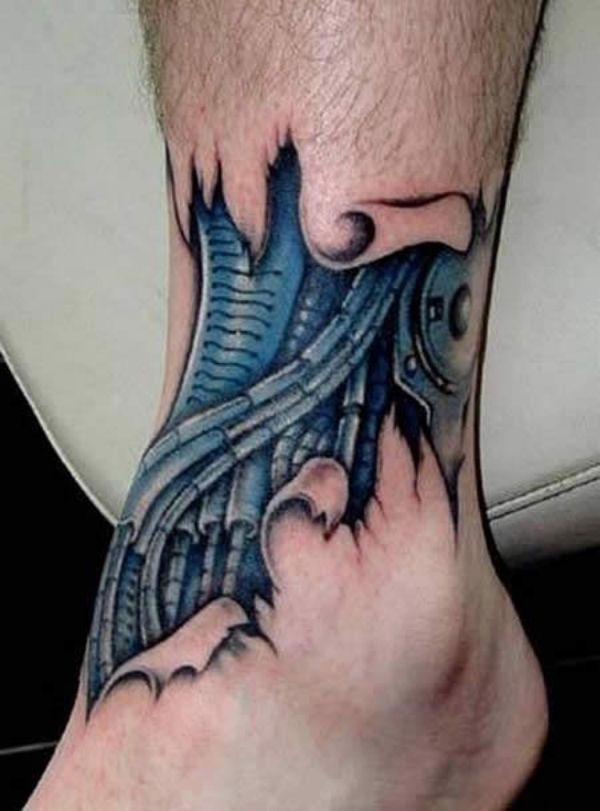
| Design Type | Description | Popularity |
|---|---|---|
| Realistic Portraits | Highly detailed portraits of people or animals | High |
| Skulls and Crossbones | Intricately designed skulls often with Crossbones | Medium |
| Nature Scenes | Scenes from nature like mountains or waterfalls | Low-Medium |
| Mechanical Designs | Gears, watches, or other mechanical elements | Medium-High |
| Mythological Creatures | Dragons, phoenixes, or other creatures from myth | High |

To summarize, 3D tattoos offer a unique way to express oneself through body art, with their realistic and detailed designs. Whether you’re interested in a realistic portrait, a mechanical masterpiece, or a mythological creature, there’s a 3D tattoo design out there for you. Remember, the key to a successful 3D tattoo is finding an artist with the right skills and experience. Take your time, do your research, and you’ll end up with a piece of art that you’ll cherish for the rest of your life.
What makes 3D tattoos unique?

+
3D tattoos are unique because they create the illusion of depth using shading and other techniques, making the design look incredibly realistic.
How are 3D tattoos created?
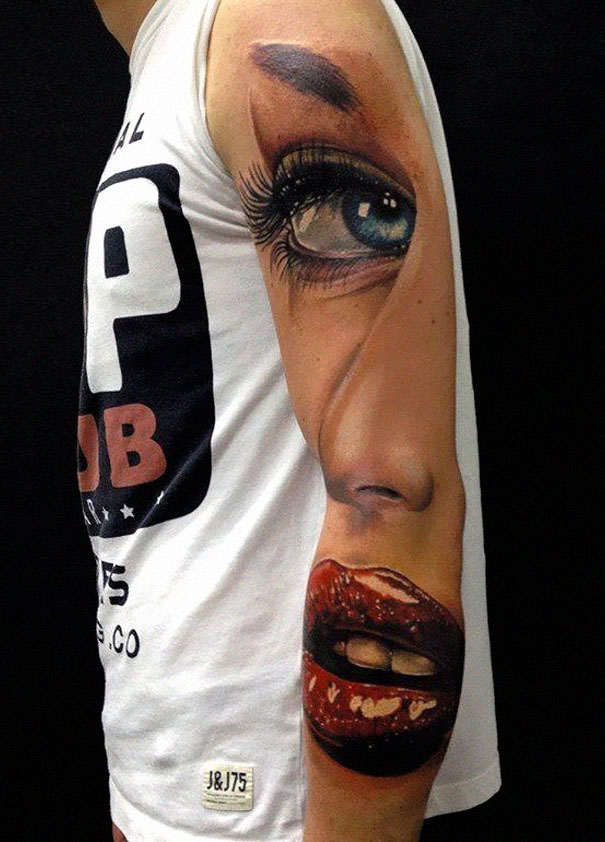
+
3D tattoos are created through a combination of shading techniques, including dot work, lining, and color blending, to achieve a lifelike appearance.
What are some popular 3D tattoo designs?

+
Popular 3D tattoo designs include realistic portraits, skulls and crossbones, nature scenes, mechanical designs, and mythological creatures.
